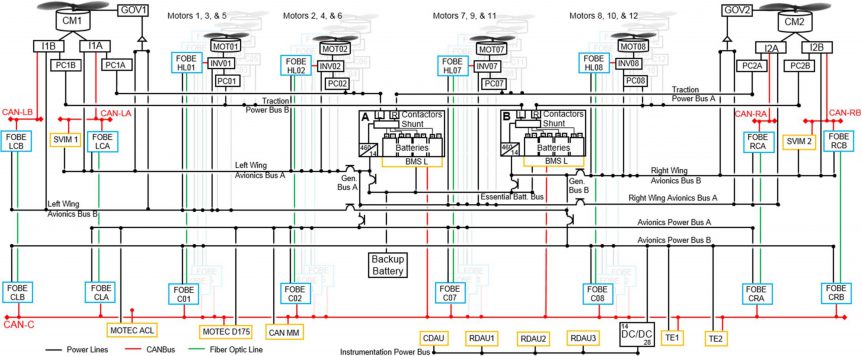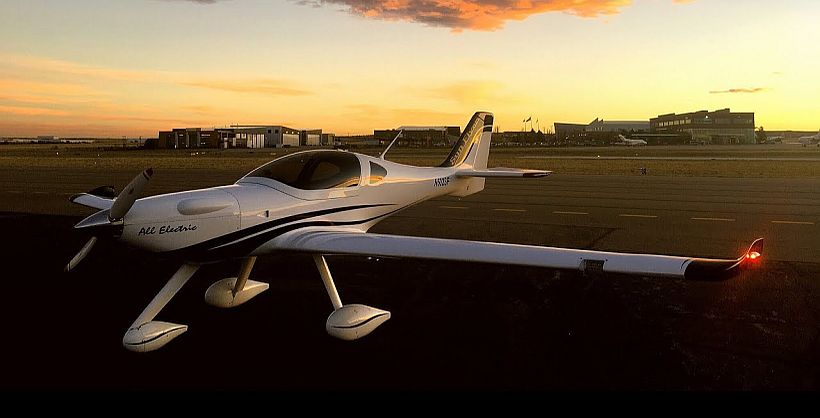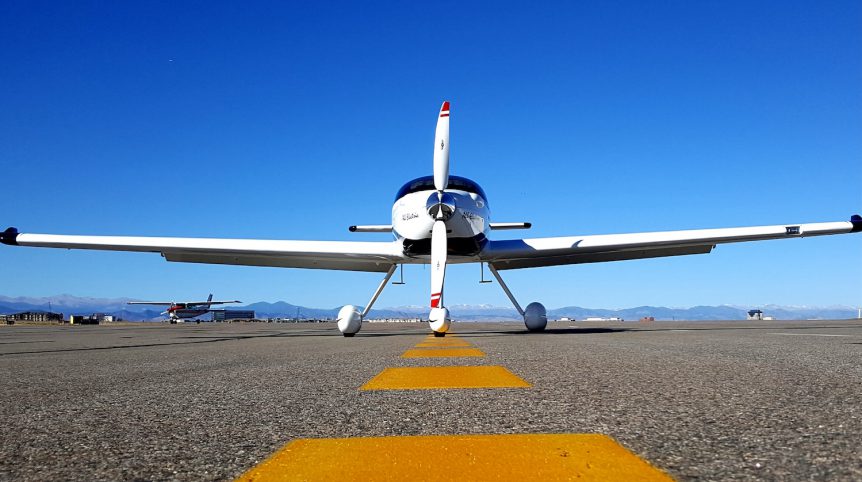NASA and several partner firms have been working on the X-57 Maxwell electric propulsion demonstrator for the past several years. It hasn’t been as easy as it looked at first. Encouragingly, NASA is sharing some of the hard lessons it has learned in the process, much like Elon Musk sharing many of his patents with the world. One of the hardest lessons involved the multiple battery packs, originally planned to be off-the-shelf units. A December 2016 test resulted in a thermal runaway, a situation in which one cell that overheats can self-destruct and cause adjacent cells to follow suit. This, as we’ve seen in Dreamliner incidents, can be dangerous and potentially deadly. Such fires are exceedingly well reported, with any Tesla incident overwhelming the press, which ignores the 174,000 car fires reported by the National Fire Protection Association in 2015, which resulted in 415 deaths and $1.2 billion in property damage. Electrified aviation will be even more critically examined if electric …
Sun Flyer 2 to be Powered by Siemens Motor
George Bye has been enjoying a year filled with great expectations (and accomplishments). With 121 deposits on the Bye Aerospace Sun Flyer 2 from seven countries, the training aircraft needs only two things to make dreams come true for a large number of people – a motor and FAA certification. Siemens Steps In In a joint press release, Bye, CEO of Bye Aerospace, announced a partnership with Siemens that will see the German firm “collaborate on future development of Bye Aerospace’s Sun Flyer 2.” Bye explained, “We are pleased to announce an agreement with Siemens to provide the electric propulsion motor and inverter for the Sun Flyer program. They will be an active partner through the FAA certification and production phase for the Sun Flyer 2.” Siemens will supply the two-seater with its SP70D motor with a peak output of 90 kilowatts (115 hp.) and a continuous rating of 70 kW (90 hp.). Bye explained the nice “fit” with the …
Sunflyer Takes to the Air
Following assorted powerplant and taxi texts, the prototype Sun Flyer 2 prototype took to the air over Centennial Airport (KAPA) south of Denver, Colorado. Further tests will expand speed, altitude, and endurance capabilities, according to Bye Aerospace. George Bye, Founder and CEO of Bye Aerospace, enthused, “We are excited about the future and the potential the Sun Flyer family of aircraft has to revolutionize general aviation, providing improved affordability and accessibility. Lower operating costs are key to solving the student pilot drop-out rate, which is curtailing the successful attainment of badly needed airline pilots. The Sun Flyer 2’s $3 hourly operating costs are 10 times lower than traditional piston-engine flight trainers, with no carbon emissions and significantly reduced noise.” Such economies have probably contributed to the 121 reservations for Sun Flyers by organizations such as Spartan College of Aeronautics and Technology, where students might be able to avoid taking out loans to obtain their licenses and ratings. According to Aviation …
Sun Flyer’s Two and Four Seat Electric Aircraft
George Bye has spent the last decade developing a viable two-seat training aircraft that would be electrically powered. His efforts included a Cessna 172 that took wing on battery power, and have evolved to the current product, a sleek two-seater that has 105 deposits to buy worldwide. At AirVenture 2017, George displayed the Sun Flyer 2 and announced plans to introduce a four-seater, the Sun Flyer 4. With ground tests complete on the aircraft and its 45-pound Emrax motor, George envisions flight tests coming this fall for the 2. Even given successful flight tests, certification may take two to three years. George has been working with the FAA to enable certification under Part 23 rules, and has made great headway in obtaining acceptance of electric powerplants on training aircraft. Flying Magazine reported in February that, “Developers of electric aircraft are rejoicing now that the Part 23 rewrite is complete. Unlike before, the new rule will allow for certified airplanes to …




